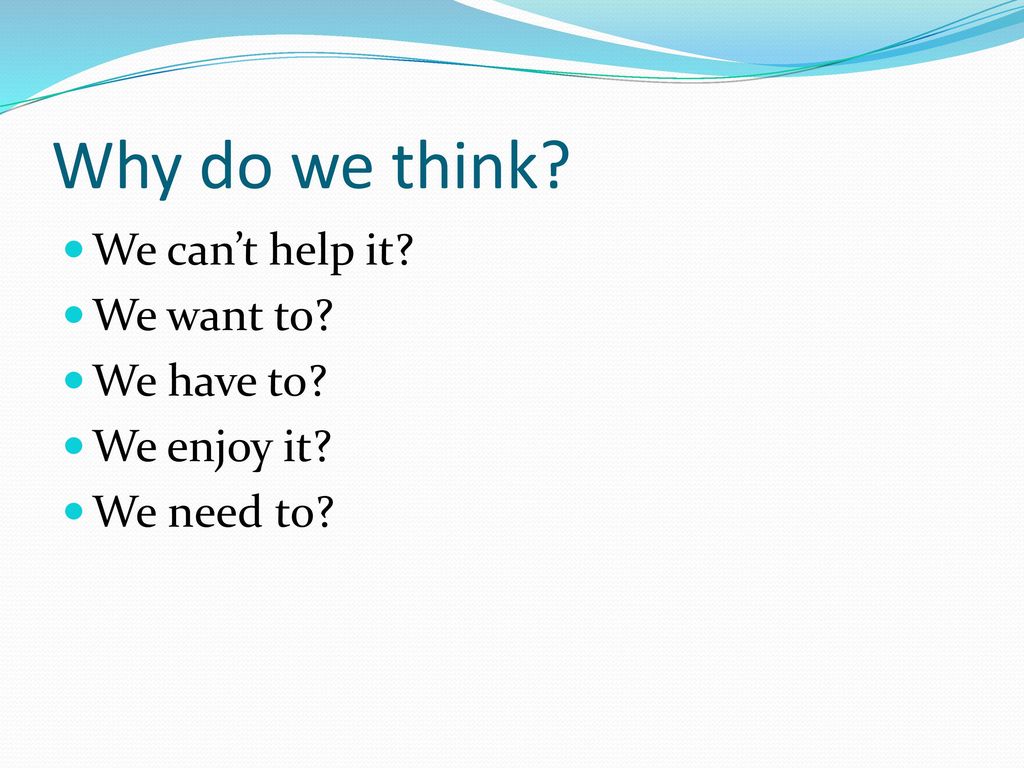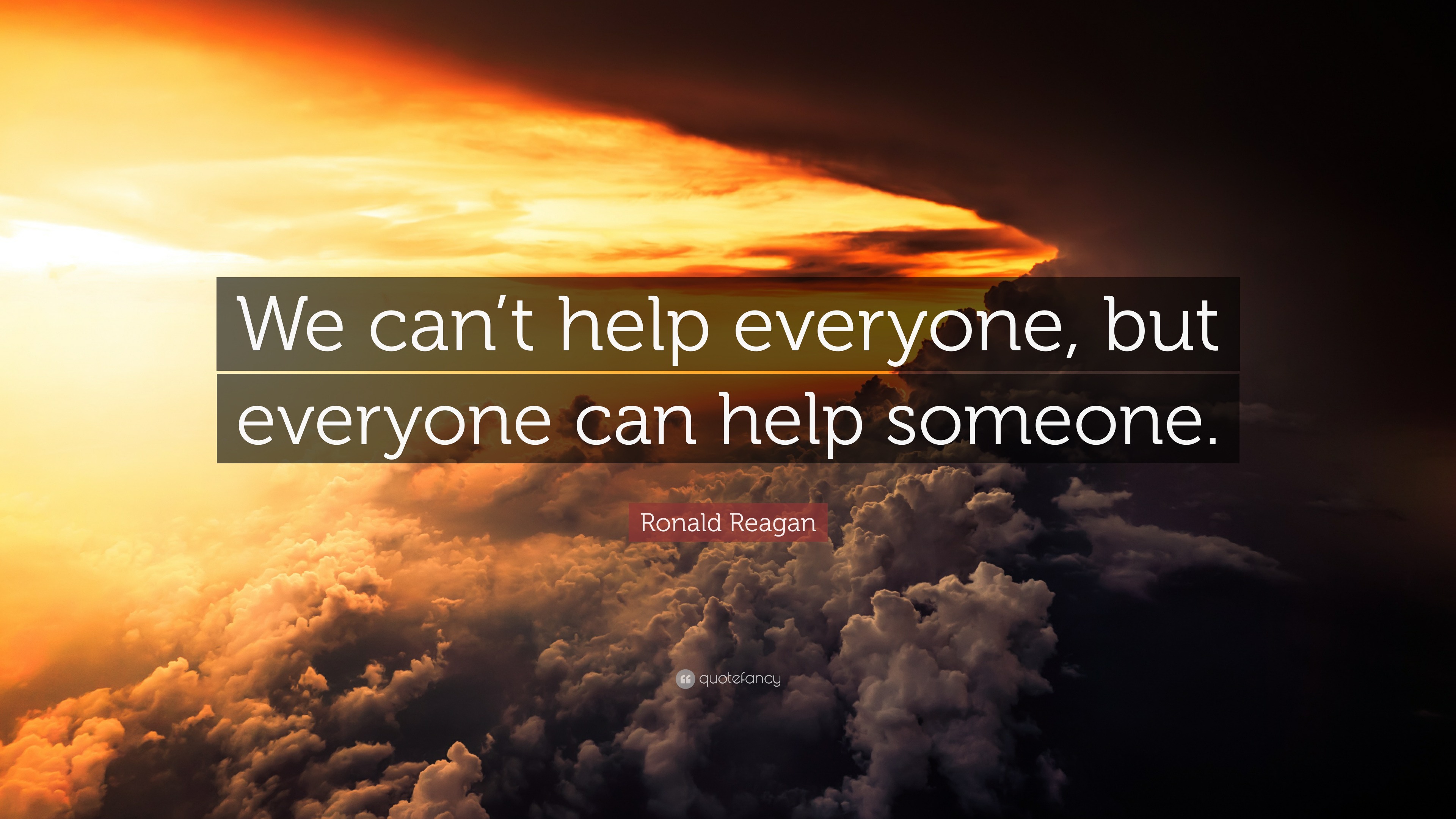Why is it so difficult to ask for help, even when we desperately need it? The truth is, reaching out for assistance is not a sign of weakness; it's a testament to our self-awareness and a crucial step towards growth.
We often find ourselves grappling with the weight of our burdens, hesitant to lighten the load by seeking support. This reluctance stems from various factors, deeply rooted in our psychology and societal conditioning. We might fear judgment, worry about imposing on others, or harbor a misguided belief in our own invincibility. However, the consequences of this self-imposed isolation can be detrimental, hindering our progress and diminishing our overall well-being.
Understanding the Barriers to Seeking Help
The reasons for our hesitation are multifaceted, often intertwined with our past experiences and the narratives we've internalized. We may have been taught to equate vulnerability with weakness, leading us to believe that asking for help is a sign of inadequacy. This perception is reinforced by societal pressures that emphasize self-reliance and independence, making it difficult to admit that we need assistance. Furthermore, the fear of rejection or judgment can be a powerful deterrent. We worry about being perceived as a burden or failing to meet expectations, leading us to internalize our struggles rather than seeking support.
- Height Of Conor Mcgregor An Indepth Analysis
- Leonardo Dicaprio In Django Unchained A Deep Dive Into His Role
Its important to remember that seeking help is not a reflection of our capabilities or intelligence. Instead, it is a strategic move that allows us to focus our energy on what we do best while leveraging the expertise and resources of others. In essence, its a way to optimize our efforts and achieve our goals more efficiently. By opening ourselves up to assistance, we create opportunities for collaboration, learning, and personal growth. It is a chance for others to contribute and share their knowledge.
Ancient wisdom and modern psychology offer valuable insights into why we do things that don't serve us. These perspectives remind us that we are not meant to navigate life's challenges alone. By understanding the psychological and societal forces that shape our behavior, we can begin to dismantle the barriers that prevent us from seeking the support we need. This self-awareness is the first step towards building healthier relationships, enhancing our well-being, and achieving greater success in all aspects of our lives.
Consider a scenario: Imagine walking into a store where the products have no guarantees, no quality checks, and no accountability. Would you feel confident making a purchase? The same principle applies to online content. When we engage with content, we're essentially making a purchase of information and ideas. Without ethical guidelines, the value and reliability of that content are questionable. The absence of clear standards of conduct raises serious concerns about trust and integrity.
- When Is Morgan Wallen Releasing A New Album In 2024
- Joe Gilguns Wife The Love Life Of The Talented Actor
When we talk about following ethical guidelines, it's all about building trust with readers. Ethical content creators prioritize accuracy, transparency, and fairness. They strive to deliver valuable information that is both informative and reliable. This commitment to ethical standards fosters a sense of confidence and loyalty among readers. It's the foundation of a healthy and productive relationship between content creators and their audience.
Many factors contribute to the difficulty of asking for help. We may fear rejection, worry about becoming a burden, or believe we can handle everything on our own. The truth is, seeking assistance is critical for various reasons. It can enhance our well-being, improve our connections, and facilitate personal growth.
In some situations, our instinct is to offer help in a way that might not be the most effective. "So, what do we do?" as the saying goes. Often, we fall into patterns of offering assistance that are ultimately unhelpful. We may simply ask what we can do to help, which, while well-intentioned, can sometimes feel like a perfunctory gesture.
Many of us view asking for help as an admission of weakness. We see vulnerability as a negative trait, which prevents us from acknowledging our need for support. The problem is compounded by the belief that we should be able to manage everything independently. This often leads to the denial of problems and delays in seeking necessary support. In reality, seeking help is a sign of strength, not weakness. It demonstrates self-awareness and the ability to recognize when we need assistance.
Logic dictates that if you have limitations, then you cannot be, do, or have something; youre simply being a realist. The flaw, however, occurs when we use "I can't" as a reason not to try something that is, in fact, achievable. I cant makes the action or ability seem beyond your control, it gives away your power. This mindset limits our potential and closes off opportunities. It undermines our self-confidence and keeps us from taking risks that might lead to success.
Normally, when we ask someone else for help, we feel compelled to tell them about what we need help with, or what is going on in our lives as to why we cant complete everything on our own. Therefore, asking for help can be a really great way to build and strengthen relationships at work or home. By sharing our vulnerabilities, we create opportunities for empathy, understanding, and deeper connections.
The statement, "I can't help with that," is a common one. However, the negative phrasing can create a dead end in the conversation. Instead, focus on what you can do. A more positive approach is to clearly state what you are capable of assisting with, and how you might contribute.
As we age, we can experience memory lapses. We forget proper nouns, names, or the titles of books we read. This is often due to our brain prioritizing the gist of what happened. The transition toward this type of memory can be a normal part of aging. It is also normal to forget certain details and become reliant on the essential meaning of the events.
Many of us confidently offer advice to our friends on their life problems. However, when it comes to our own issues, we often struggle. It is interesting how easily we can give solutions to our friends, yet falter when facing similar problems ourselves. Fortunately, guidance can be found from various sources.
Consider the question: Why do I help others but not myself? The answer lies in our paradoxical nature. We often find ourselves more inclined to change negative behavior patterns into positive ones when we embrace acceptance and compassion. This approach prioritizes self-kindness and self-compassion over harsh criticism and self-judgment. It acknowledges our imperfections and allows us to learn from our mistakes. Instead of criticizing, we shift to understanding, enabling more sustainable positive change.
Sometimes we crave what we can't have, simply because of the challenge. If something is harder to obtain, the brain might assume it has a higher value, regardless of the actual value. This can explain why we sometimes desire things or people that are unattainable. The challenge, the chase, and the illusion of scarcity all contribute to our attraction. Our brains tend to prioritize the difficult over the easy.
The focus should be on the things we can control. You can't control everything in life, so spending time on things you can't control is counterproductive. Instead, direct your energy to things within your sphere of influence. This approach reduces stress and improves our ability to make positive changes.
Although you may fix past hurts or mistakes, ultimately, the action itself has already occurred, and you cant control it. You cant change the past, but you can definitely influence the future. The focus should be on the things we can control. Making decisions to do better in your future can be a healthy way to handle stress about the past.
It serves the value of knowing that we can do things if we try really hard, we can actually accomplish our goals. This value emphasizes that we can shape our lives through determination and effort. By working with the child, you are teaching them that they can succeed, which is an essential value for development.
For instance, when the child is about to go outside, try this: I told you not to take your shoes off because were getting ready to go, You need your shoes on to go outside. Please help me find them so we can get ready to go. instead of, no more playing for you. This approach highlights the significance of collaboration and positive reinforcement. It encourages the child to participate in the process and cultivates a sense of cooperation.
| Feature | Description |
|---|---|
| The core concept | The challenges we face when we consider asking for help. The importance of seeking support. Why we should control what we can. |
| Keywords | Asking for help, vulnerability, limitations, control, ethical guidelines, relationships |
| Core Principles | Acceptance, compassion, understanding of personal limitations, and the power of focusing on actions within our control. |
| Content Focus |
|
| Target Audience | Individuals who struggle with asking for help or who want to build and maintain healthy relationships. |
| Website Reference Link | https://www.verywellmind.com/the-importance-of-asking-for-help-5271964 |
- Dyan Cannon A Journey Through Life And Career
- Sabrina Carpenter Height Exploring The Rising Stars Physical Attributes


